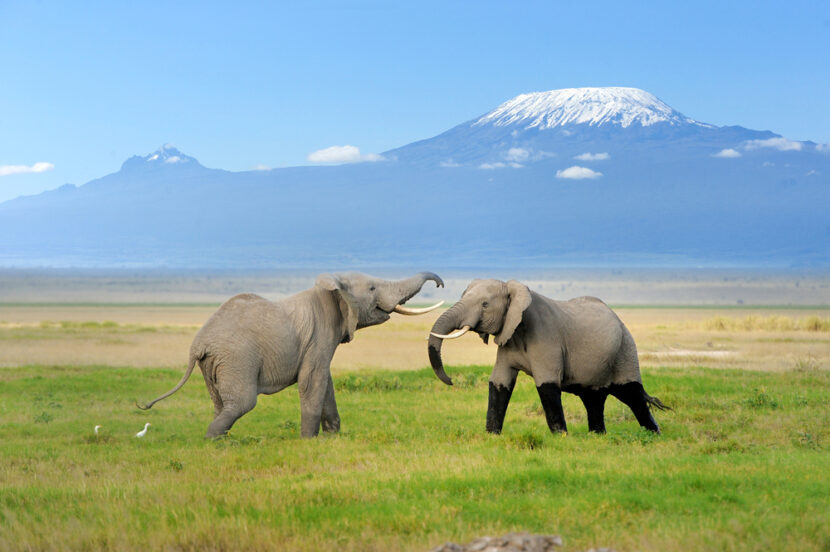NAIROBI – The killers in the Kenyan village singled out non-Muslims, shooting them point-blank or slitting their throats, just like the previous night in an adjacent hamlet.
The newer attack happened in Majembeni village, which is next to Mpeketoni, where four dozen Christian men were slaughtered Sunday night and Monday morning. Al-Shabab said in a radio broadcast in Somalia that its fighters killed government workers and Christians.
The ongoing violence will continue to affect perceptions of security in the country, negatively impacting tourism.
Tourism constitutes about 12% of GDP, down from a peak of almost 15% in 2007 before a sharp decline in 2008 and 2009 due to the political violence around the presidential election in December 2007. Tourism then recovered slightly, but has been shrinking again since 2012.
Al-Shabab has been attacking targets in Kenya in apparent retaliation for the country’s military presence in Somalia since 2011. In September, when Al-Shabab fighters seized Nairobi’s Westgate shopping mall in Nairobi killing at least 67 people, the violence made international headlines for weeks.
Tour operators say that demand for Kenya has softened as governments issue travel warnings, which also has the effect of increasing the cost of insurance for operators.
Al-Shabab said Monday that such attacks would continue “as you continue to invade our lands and oppress innocent Muslims.”
The second night of deadly attacks against a Christian community on Kenya’s north coast seemed designed to try to inflame Christian-Muslim tensions in Kenya, religious and political leaders said.
Bearded Muslim leaders conferring inside Nairobi’s largest mosque, a grand white facade nestled among the capital’s high rises, condemned what they called savage acts and ghastly killings and said there was no justification for them.
They warned of a potential sectarian rift.
“The continued violence risks tearing the country apart,” they said, continuing later: “We need to be cognizant of the fact that some of these attacks are aimed at planning seeds of discord and animosity among Kenyans and divide the country along ethnic and religious lines.”
Though much of Kenya’s north coast has been inhabited by Muslims for centuries, Mpeketoni residents are mostly Kikuyu, a Christian community that the president hails from. Land issues have long caused severe tension on the coast, with Muslims blaming “upcountry” Kenyans for stealing land.
Kenya has seen ethnic violence rip apart the country in recent years. More than 1,000 people were killed in ethnically motivated violence after the country’s 2007 election. Both Kenyatta and Deputy President William Ruto have been charged at the International Criminal Court for what the court’s prosecutor says is their role in helping to instigate that bloodshed.
“Ordinary peace-loving Kenyans have nothing to fear,” declared President Uhuru Kenyatta, in a recent infomercial airing on Kenyan networks and on YouTube to announce the rollout of security cameras across the country. “Terrorists, criminals, thugs—run and hide because there will be thousands of cameras and millions of pairs of eyes watching you.”
